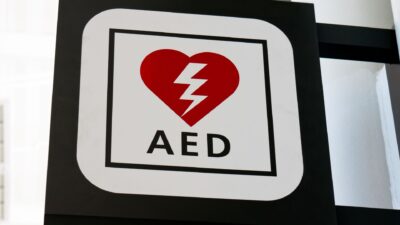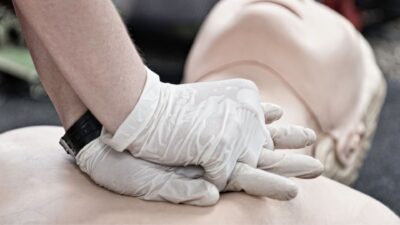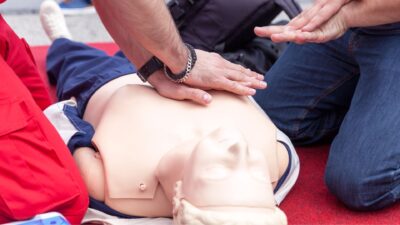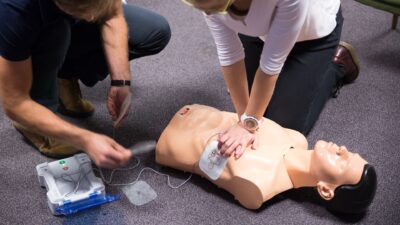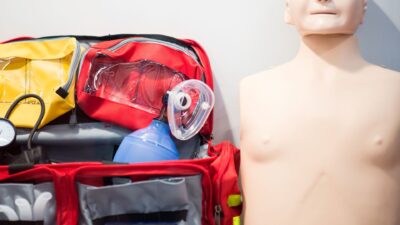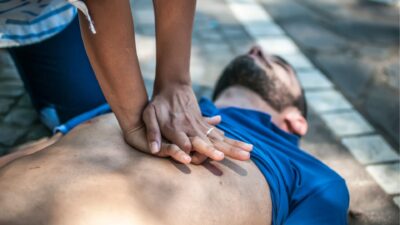
Can you do CPR on a heart attack victim?
The sudden onset of a heart attack can be a life-altering emergency, leaving many bystanders questioning their ability to help. In moments where every second counts, knowing what actions to take can make the difference between life and death. But what role does CPR play in the context of a heart attack, and is it…
Read More

